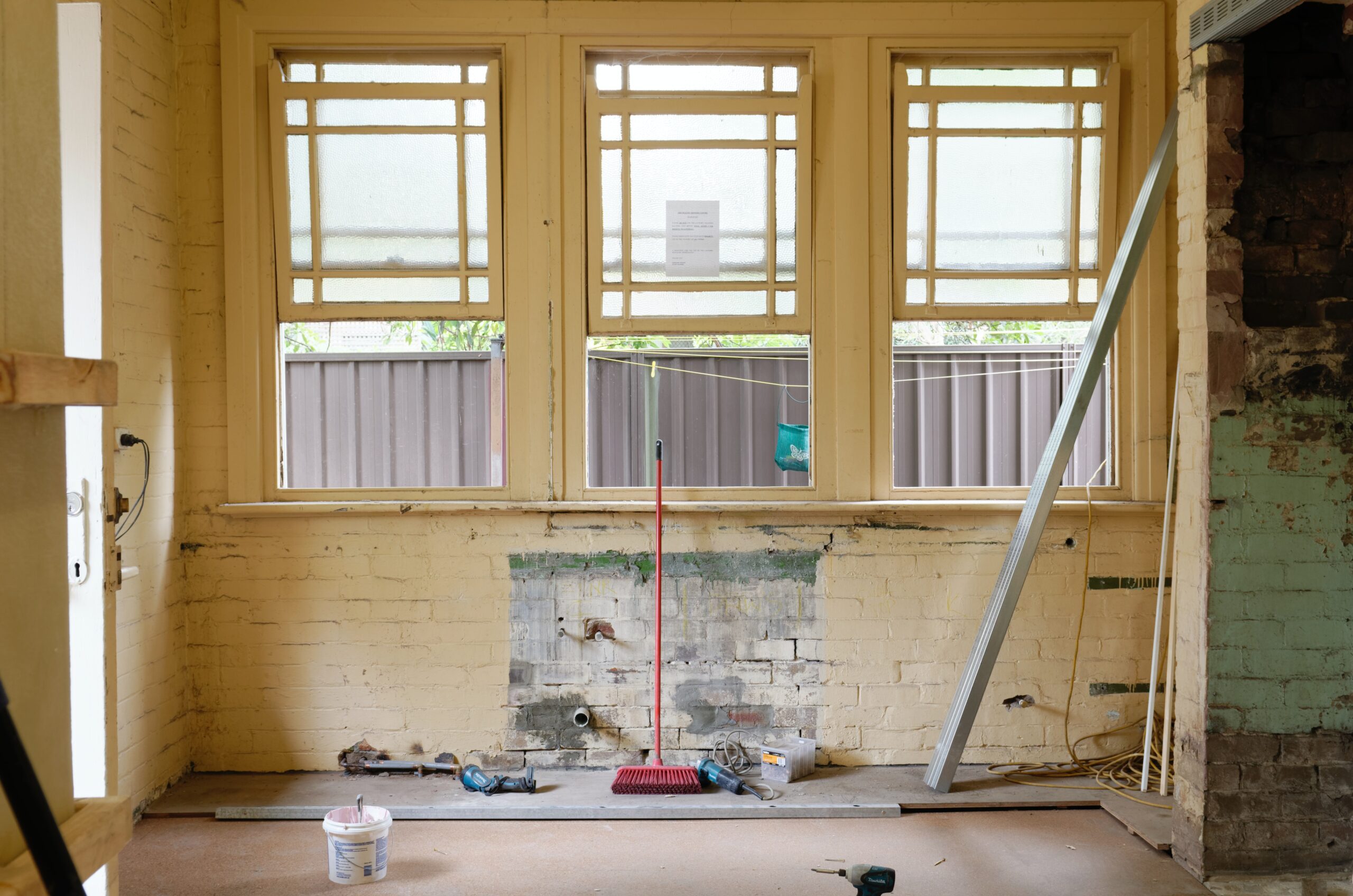Buying real estate is fun. When most people think of the excitement of real estate, they imagine doing deals, collecting monthly cash flow and cashing closing checks. But there is another side of real estate investing, a potentially more ominous view that involves the costly repairs and potentially painful impacts of unplanned expenses. Expenses are the most harmful aspect of real estate investing as improperly accounting or preparing for them can destroy wealth as well as an investor’s career.
Think I am being dramatic?
Imagine the worst real estate story you heard, and it is likely it stems from the harmful effects of unplanned expenses:
- The time it took to get a new tenant (vacancy)-Burnout from self-management (property management)
- Replacing the air conditioner (unplanned expense)
- Legal action against delinquent tenant (vacancy and unplanned expenses)
The list goes on. As you see from the above examples, one of the single greatest nightmares of real estate investing is the horror of unplanned expense.
How to manage risk.
While we are not all-knowing, there are certain precautions that we can take to avoid or mitigate the impact of unplanned expense.
- Identify repairs or deferred maintenance through robust due diligence. Whether you are buying a single family or an apartment, do not skimp out on the due diligence because of the added cost. The potential cost from loss or unplanned expense far exceeds the expense of bringing in a plumber, foundation expert, roofer and any other specialized professional.
- Account for these in the beginning and use in your analysis. After you identify the needed capital expenses or repairs and their associated costs, you are now in a better position to effectively evaluate the opportunity, now having taken into account the added operating expense, capex or reserves required (see next point). Using this new knowledge, you can more safely arrive at a price that makes sense for you and your partners.
- Set aside reserves using a rule of thumb. Even after having done the above steps, there are always the unknowns. Reserves are a prudent approach to planning for both the known unknown expenses. Whether you have a single family home or 140-unit apartment, you want reserves built into your model to protect you from ten surprises that may all happen to come at the same time.
Depending on the asset that you manage, consider a multiplier of monthly rent coverage or dollar amount per unit. For my single families, I target reserves of $1,000 per property. For apartments that I underwrite, depending on the year and condition, I include reserves of $250-$300 per unit. That you do is more important than how you do it; just exercise caution and conservatism.
When you fail to plan…
The last thing any individual or set of partners want is to not have adequate reserves and need to figure out how to bring new capital into the deal. For individual investors, this looks like supplementing personal funds or money from income to support a losing property. For partners in syndication, this could result in the need to raise more money from passive investors.
Takeaway
For both active and passive investors alike, whether you are executing the deal or investing in someone else’s deal, it is critical that you understand the property condition, deal situation and potential added costs to operations or management.Passive investors, pay attention to what capex/repairs are estimated in the operating plan. Look for sufficient reserves to mitigate the risk of unplanned expenses.
If you invest in stocks or other assets are seek to diversify your portfolio, achieve higher returns or get educated on the power of real estate, subscribe to my articles for automatic updates on new weekly content. Also, sign up for our newsletter for regular updates on our business and to learn how you can passively invest and grow your wealth through real estate.
